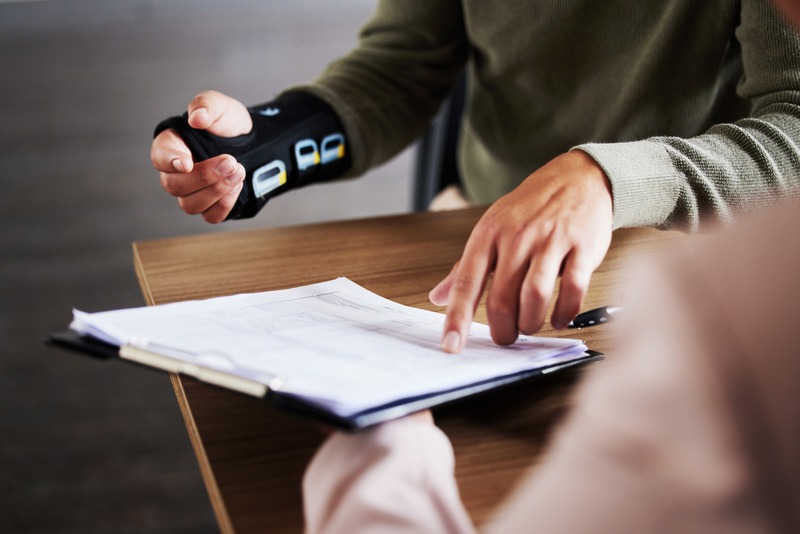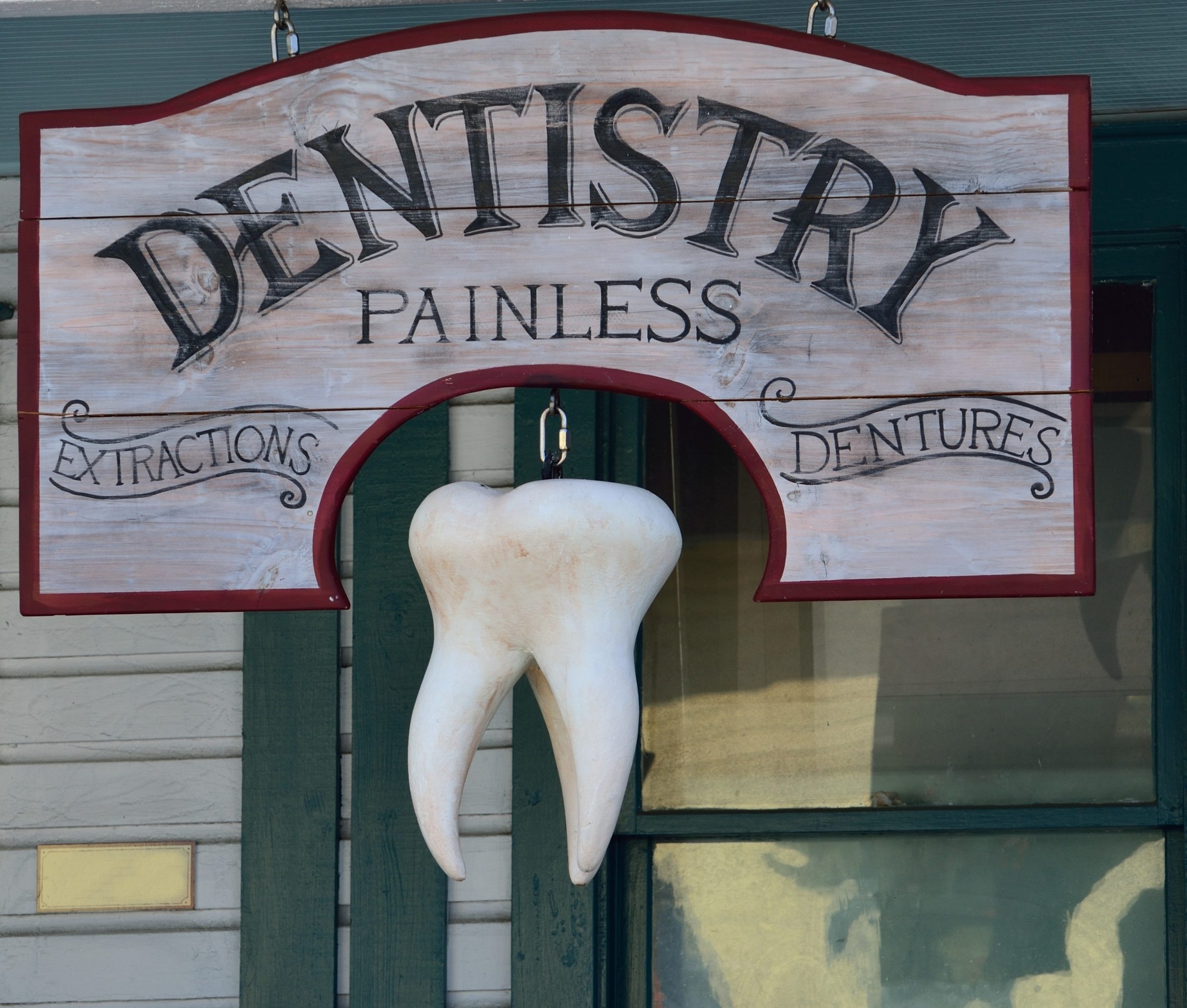Have you or a loved one been through the harrowing experience of an accident? At first, financial matters might not be your initial concern amidst the shock and recovery. But understanding the compensation you’re entitled to becomes crucial as the dust settles. Knowing your rights can ease the stress of a challenging situation, whether a slip at work or a collision on the highway.
Compensation After an Accident
Accidents can upend your life in a blink. It doesn’t matter where it happens—on the job, in your car, or in any public or private space—the consequences often include medical bills, loss of income, and sometimes long-term suffering. Thankfully, there’s a legal safety net in place that can help you navigate through this challenging time.
1. Workers’ Compensation
If you’ve suffered from workplace injuries, workers’ compensation is designed to cover your medical expenses and lost wages. This system is a trade-off between employees and employers: you can get the benefits without proving fault, but at the same time, you generally can’t sue your employer. The compensation includes:
-
Medical Care: Coverage of all reasonable and necessary medical treatments.
-
Temporary Disability: Payments if you’re unable to work while recovering.
-
Permanent Disability: Benefits might be in order if you don’t fully recover.
-
Supplemental Job Displacement: If you can’t return to your old job, some benefits help with retraining or skill enhancement.
-
Death Benefits: Paid to your dependents if the worst should happen on the job.
2. Car Accidents
Car accidents come with their own set of complexities. Who was at fault? How are the damages calculated? Each case is different, and this is where an auto accident lawyer can guide you through murky waters. They help you understand timeless questions like:
After a car accident, the scope of compensation can cover various aspects:
-
Car Repairs: Handling the costs to fix or replace your vehicle.
-
Medical Bills: Including past and future expenses related to the accident.
-
Lost Wages: Compensation for the time you had to take off work.
-
Pain and Suffering: This covers the physical and emotional distress caused.
-
Punitive Damages: In rare cases, the at-fault party’s actions were egregious.
In the middle of healing and settling back into a routine, a car accident attorney Opelousas, brings much-needed clarity and support to your case.
3. Truck Accidents
When a truck is involved in an accident, the stakes are high, the damages substantial, and the legal landscape gets more complex. Finding the right truck accident attorney Opelousas can mean distinguishing between a fair settlement and being overwhelmed by losses.
Truck accidents can involve a mix of personal injury law and commercial vehicle regulations. Compensation often factors in:
-
Severe Vehicle Damage: Trucks can cause significant property damage.
-
Intensified Medical Needs: Injuries in truck accidents tend to be more severe.
-
Lost Earning Capacity: Serious injuries might prevent you from returning to your previous work.
-
Complex Liability Questions: Including trucking companies, contractors, and employees.
With their expertise, truck accident lawyers help untangle the intricate web of responsibility and ensure you’re compensated adequately for your losses.
The Legal Process
Navigating the legal process might seem daunting, but less so with a clear roadmap and the right guide.
Initial Steps to Take
Immediately after an accident, ensure you:
-
Seek medical attention, even if you don’t feel injured.
-
Report the accident to the relevant authorities and your employer or insurance company.
-
Collect evidence from the scene, if possible—photographs, witness contact info, etc.
-
Keep records of all accident-related expenses and interactions.
Choosing the Right Attorney
Choosing the right attorney is crucial for the success of your case and your peace of mind throughout the legal process. Here’s why these qualities are essential in an attorney:
-
Experience in Your Type of Accident: An attorney specializing in the specific accident you were involved in will have the knowledge, skills, and resources necessary to advocate for your rights effectively. They will be familiar with relevant laws, regulations, and legal precedents, enabling them to navigate the complexities of your case with confidence and competence.
-
Empathy and Active Listening: Empathy and active listening are essential qualities in an attorney because they demonstrate a genuine concern for your well-being and a willingness to understand your unique circumstances. A lawyer who listens carefully to your story can better assess the full extent of your injuries, damages, and losses, allowing them to tailor their legal strategy to meet your needs and goals.
-
Transparency about the Process: Transparency is crucial in maintaining trust and confidence between you and your attorney. A trustworthy lawyer will be upfront and honest about the legal process, potential outcomes, and any challenges or risks associated with your case. They will explain complex legal concepts clearly and understandably, empowering you to make informed decisions about your legal options.
-
Communicative and Responsive: Effective communication and responsiveness are critical factors in a successful attorney-client relationship. Your attorney should keep you informed of developments in your case, promptly respond to your inquiries and concerns, and provide regular updates on the progress of your case. Open lines of communication foster trust, collaboration, and a sense of reassurance during a stressful and uncertain time.
Final Thoughts
Whether grappling with workers’ compensation, a car crash, or a truck collision, the road to recovering losses can be long and winding. Knowing what compensation is available helps you prepare for the journey ahead. By understanding your rights and working with dedicated legal professionals, you turn what can be a chaotic time into a structured path toward regaining your footing. And remember, you’re not alone. Legal experts are there to shoulder the burden, ensuring that you can focus on what’s most important—your recovery and peace of mind.





